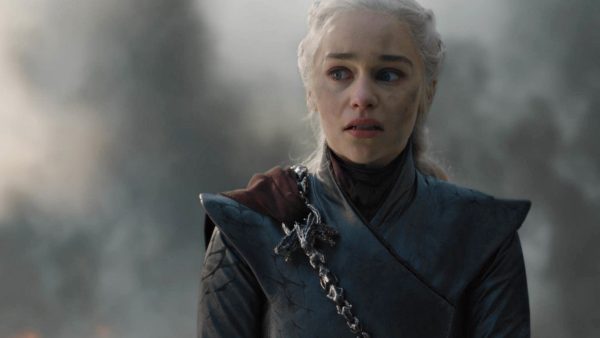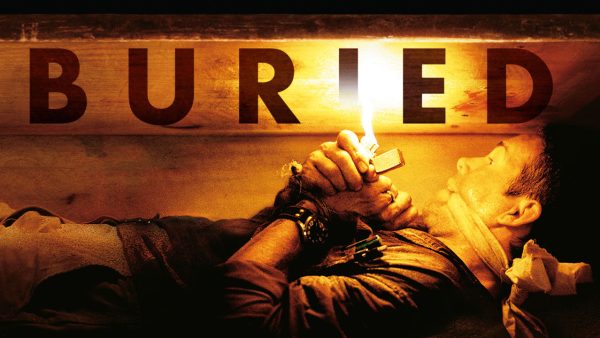Whether you saw The Truman Show near its release in 1998 or in the middle of lockdown on Netflix, it was a movie that stayed with you. The Truman Show is a dark comedy. The protagonist Truman lives a fabricated life in a massive television show, unaware that millions have been watching his every move since he was born.
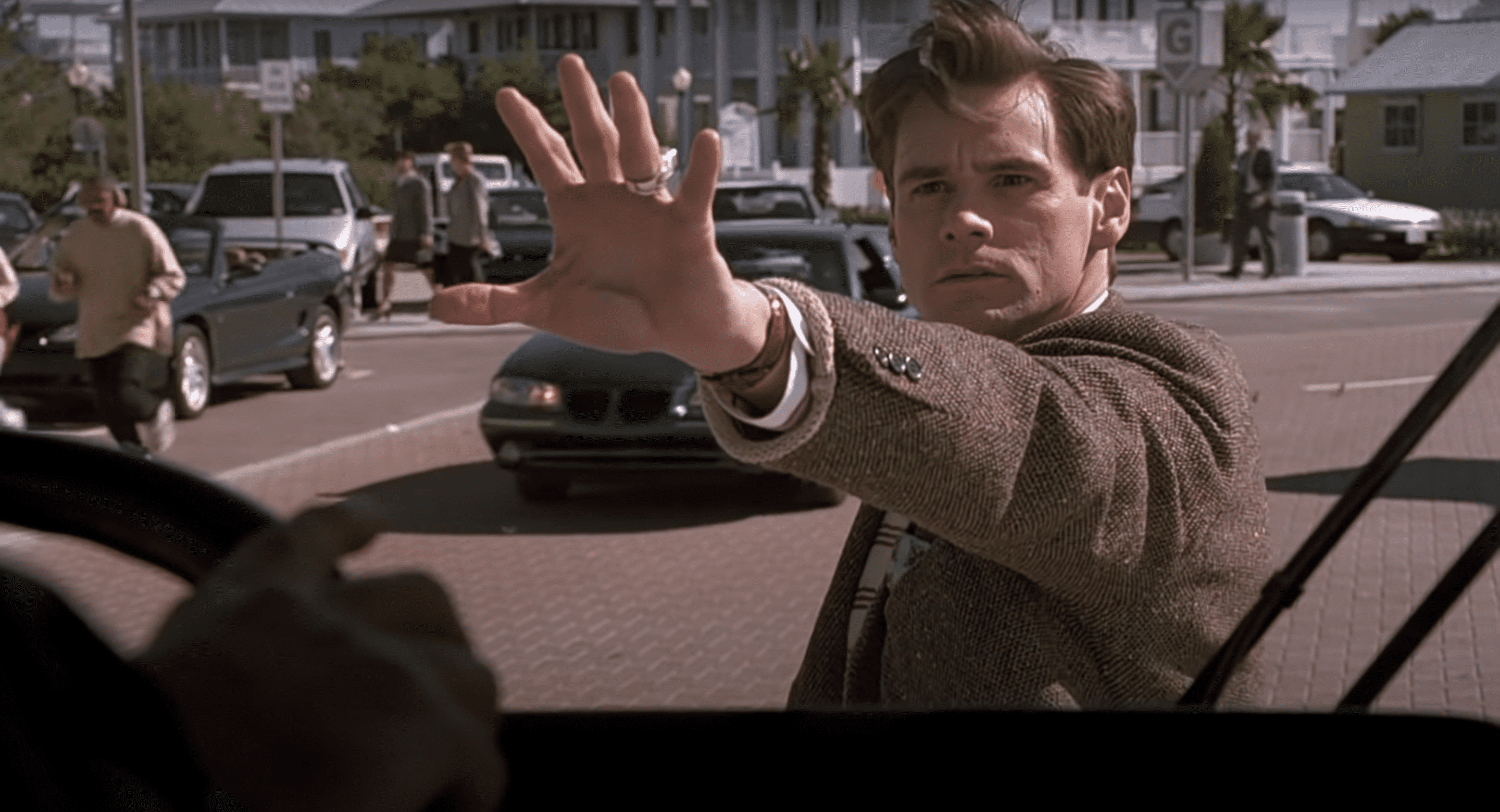
While the plot certainly makes for an interesting film, what makes The Truman Show so memorable is not the fact that it is a great story but the way in which it holds up a mirror to the direction entertainment was moving in. In the 1990s, reality shows were born and continue to flourish even today, 30 years later. Considering that we at least partly ‘live’ on our smartphones and social media, The Truman Show may have even predicted the future.
Since the 1990s, our public obsession with celebrities has only gotten worse. The average person consuming tabloid or celebrity news content is curious to know as much about their favorite celebrity as possible. We can’t resist the urge to be spectators, especially when this content is so readily available.
The Truman Show (1998)
In The Truman Show (spoiler!) Truman eventually manages to leave the studio, but this is not true for some of his real-life parallels. Princess Diana was possibly the most well-known public figure in the 90s. She was regularly stalked by paparazzi without her consent and had her every move being publically viewed and scrutinized. News about her was never restricted to significant events and instead reported every little detail that could be dug up about her life.
Like Truman, Princess Diana was adored across the globe, and like Truman, people saw a piece of themselves in her. Ultimately, the unending interest in her life snowballed into Princess Diana dying in a car crash in 1997 after being pursued by the paparazzi.
With constant improvements in technology, entertainment (or perhaps surveillance) has only become easier, producing vast amounts of content. Somewhere along the lines, celebrities became active participants in their own Truman Shows, using mediums like variety shows, social media, and even documentaries.
The shift is understandable – the viewer’s thirst for new developments in what we essentially see as a story can never be satiated, so having more control over the narrative puts a celebrity in a better position than without it. The Kardashian family is an example of this, putting out a Truman-Esque show about their own family, spanning decades. Children in the family, including megastars Kendall and Kylie Jenner, grew up in this environment, a factor that may have contributed to Kendall eventually struggling with anxiety as an adult.
The Age Of Social Media And Influencers
Since the advent of social media, we’ve felt like we really know the celebrities they follow; and a bit like celebrities ourselves. The fictional creator of The Truman Show describes the show’s appeal as “It’s not always Shakespeare, but it’s genuine.”, identifying authenticity as an asset or a commodity. A decade later, a different kind of celebrity was born who leverages this very asset: the influencer. Regardless of the platform, they promote on, the appeal of influencers is built on sharing what seems like every aspect of their lives.
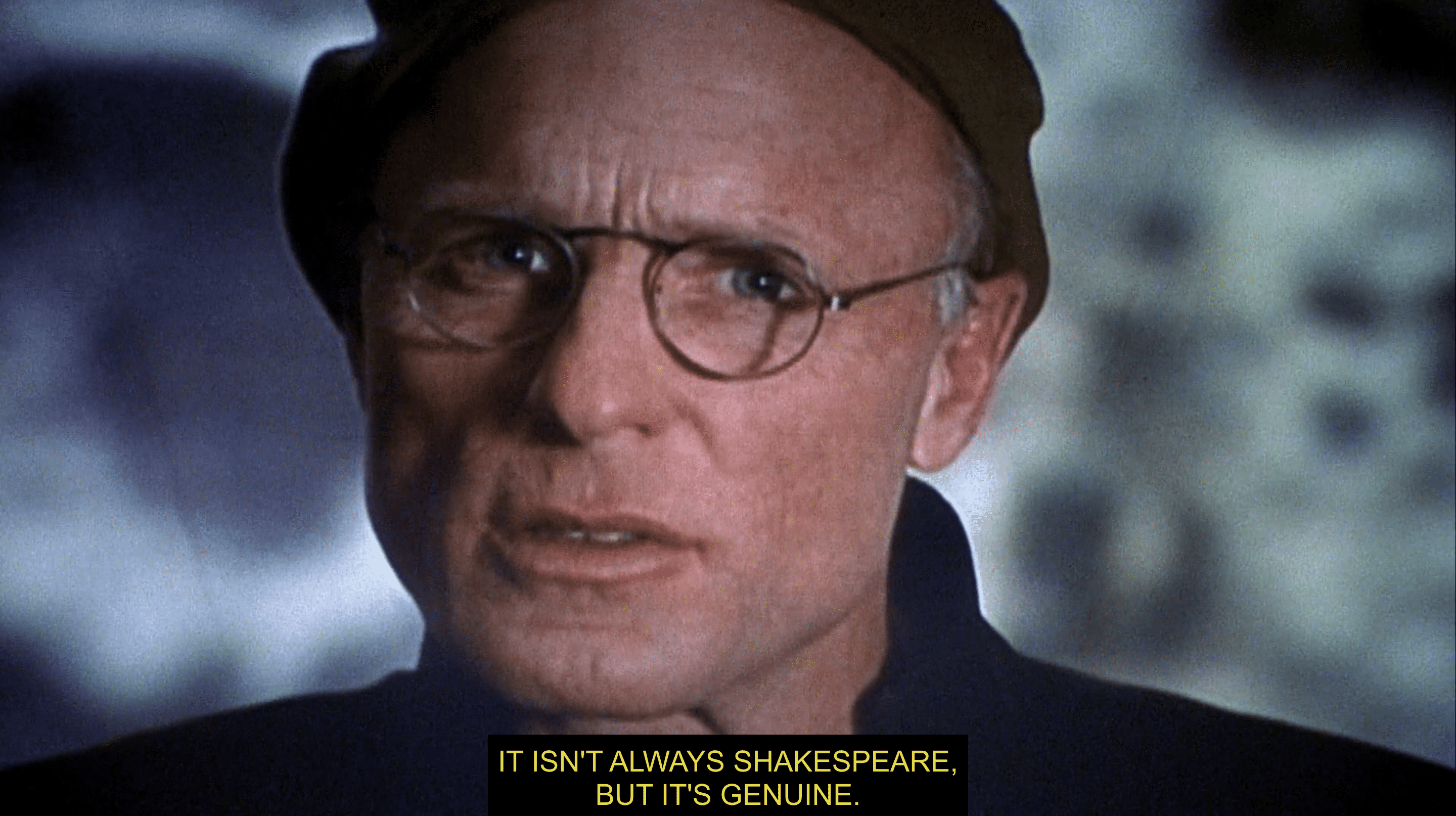
The influencer, although a self-made Truman, is often initially oblivious to the dangers of having everything you do being watched. Many prominent YouTubers have admitted that maintaining this likable, funny, and relatable persona has taken severe tolls on their ability to simply live. When you know what feels like the world is always watching, the pressure to act in a certain way that will not jeopardize this attention emerges.
But like Truman himself, the influencer is a commodity, whether they’ve made themselves into one or not. Influencers make money through product placements and sponsorships, which is also exactly how The Truman Show makes money in the movie. The movie’s intentionally awkward product placements echo what we feel when we see a post from our favorite influencer that’s clearly an ad – we do not welcome the break from this perceived reality.
Reality Shows And Its Viewers
As entertaining as YouTube or Reality TV can be, we often forget that this is a controlled environment that’s produced by a team of professionals. Although reality TV often maintains the illusion of an impartial lens, episodes are edited in a way such that there is a clear narrative. Whether it’s the rags to riches stories in audition shows, the villainization of certain participants in dating shows, or even noticeably more attention paid to a cooking show contestant. There is always a narrative that features exposition, conflicts, and a resolution.
So, where does all this put us as viewers? At this point in television history, reality shows have never been more popular. Netflix regularly churns out more and more shows in every genre imaginable because of the escapist appeal they pose. It’s nice to forget about our lives and problems and imagine what it would be like to be a master chef, fall in love, or be rich and famous.
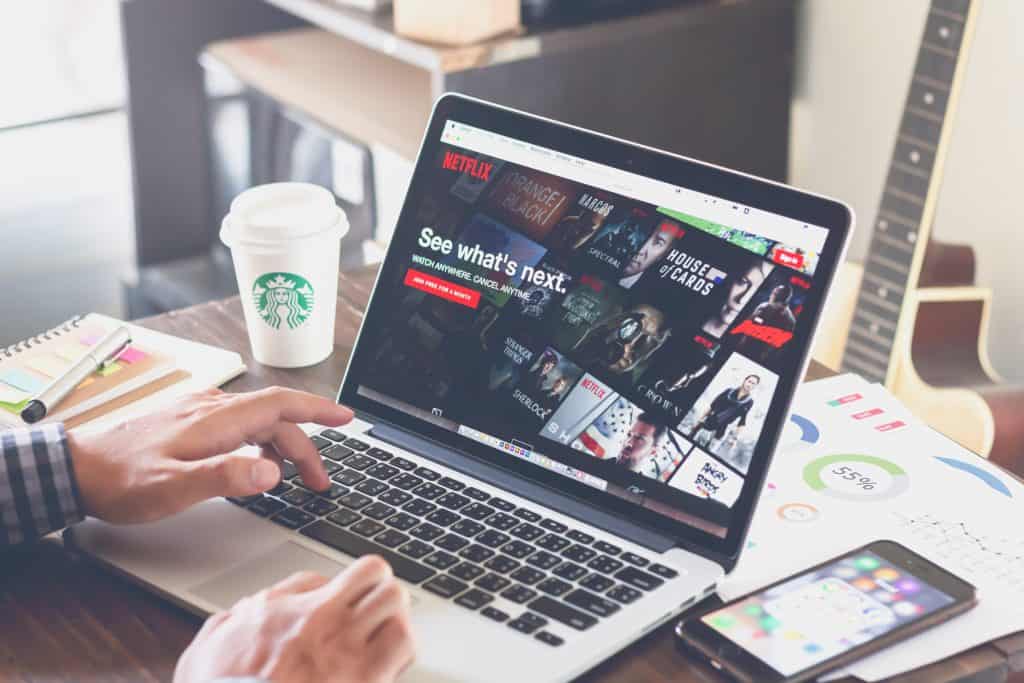
But with this escapism comes a price. Blurring the line between reality and entertainment means we rarely see the people in these kinds of media as deserving of privacy or entitled to make mistakes. From the safe distance of our couches, we are capable of passing judgment on anyone in a matter of seconds, and with the internet, relay these very thoughts directly to the person involved.
Research suggests that our constant exposure to reality and influencer content impairs our empathy skills. Instead of seeing these people as human, we have subconsciously begun seeing them as puppets in our bid for emotional gratification. We feel justified in this because, hey, that influencer chose to promote themselves and that reality star chose to appear on that program. I share these feelings from time to time as well.
This is, of course, not saying that we should give up on reality media entirely. But an awareness of what we are watching, and carefully choosing the lessons we draw from these people and shows, can certainly help.

